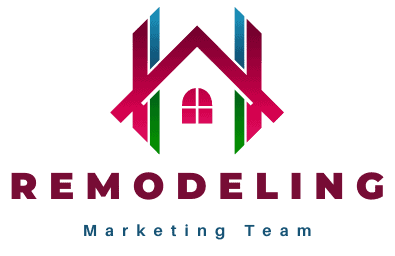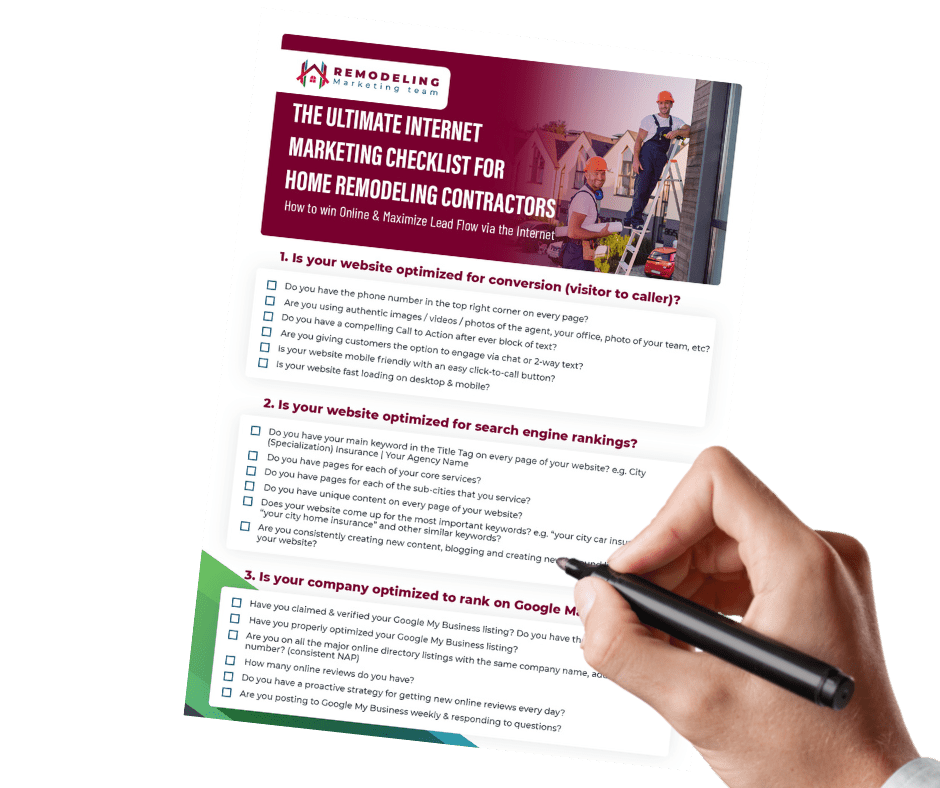In the construction industry, where projects are a symphony of planning, execution, and teamwork, the maestro of this orchestration is communication. Effective communication acts as a bridge between vision and reality, client expectations, and project completion. This guide underscores the undeniable value of prompt communication in steering construction projects toward success and building lasting client relationships.
Understanding the Value of First Impressions
In construction, first impressions are more than a handshake—they are the blueprint of a trust-based relationship. When a client reaches out, their inquiry is not just a bid request; it’s a search for a partner they can depend on through the complexities of bringing their project to life. Responding swiftly and professionally to these initial contacts does more than show your business’s efficiency; it demonstrates a commitment to client care and project success. It’s about laying the cornerstone of trust and reliability from the very first interaction.
Action Steps:
- Implement a Standard Response Protocol: Develop a protocol for responding to new inquiries within 24 hours, ensuring that no communication falls through the cracks.
- Train Your Team: Conduct training sessions focusing on communication skills and the importance of first impressions. Encourage your team to approach each interaction with professionalism and warmth.
The Art of Timely Quotes
Providing quotes with alacrity is a testament to a construction business’s operational excellence and client commitment. Timely quotes reflect your eagerness to embark on new projects and your respect for the prospective client’s time and decision-making process. This quick turnaround not only sets your business apart in a fiercely competitive market but also initiates a trust-building process. It shows prospective clients that your company not only values their project but is also capable of managing it with the promptness and attention it deserves.
Action Steps:
- Utilize Quoting Software: Invest in software that streamlines the quote creation process, enabling quicker turnarounds.
- Establish a Quote Timeline: Set internal benchmarks for delivering quotes, such as 48-72 hours from the initial request, and monitor compliance to ensure consistency.
Building Trust through Responsive Communication
The cornerstone of any successful construction project is trust, cultivated through open and timely communication. By ensuring ongoing dialogue, construction firms demonstrate their commitment to transparency and accountability. Effective communication encompasses regular updates, clear explanations of project challenges, and an open door for client inquiries. This approach reassures clients of your dedication to their project’s success, fostering a sense of security and partnership that is invaluable in the construction industry.
Action Steps:
- Schedule Regular Updates: Set a regular schedule for project updates to clients, whether weekly or bi-weekly, and stick to it.
- Create a Feedback Loop: Encourage and facilitate ongoing feedback from clients, showing that you value their input and are committed to addressing their concerns.
Tools and Strategies for Enhancing Communication
In today’s digital age, leveraging technology to improve communication is non-negotiable. From project management software that offers real-time updates to instant messaging apps for quick decision-making, the right tools can revolutionize how construction firms interact with clients and team members. These technologies facilitate seamless communication, ensuring everyone involved in the project is informed, engaged, and aligned with the project goals. Adopting these tools requires a strategic approach, including comprehensive training for staff and clear guidelines on their use, to fully realize their potential in enhancing project communication.
Tools and Strategies for Enhancing Communication
Leveraging modern tools and strategies can significantly improve how construction firms interact with clients and team members, ensuring everyone stays informed and engaged.
Action Steps:
- Adopt Collaborative Platforms: Choose a project management platform that allows for real-time updates and collaboration between all stakeholders.
- Conduct Tool Training Sessions: Regularly train your team on new tools and technologies to keep everyone up-to-date and ensure seamless integration into daily operations.
Overcoming Challenges in Communication
The path to effective communication in construction is fraught with obstacles, from coordinating multiple stakeholders to integrating new technologies. Addressing these challenges head-on is crucial for maintaining robust client relationships and ensuring project success. Strategies such as implementing centralized communication systems, adopting mobile-friendly tools, and cultivating a culture of active listening and openness can navigate these hurdles. By proactively addressing communication barriers, construction companies can build a foundation for clear, effective dialogue throughout every project phase.
Action Steps:
- Identify Communication Barriers: Regularly review and identify any barriers to effective communication within your team and with clients, addressing them proactively.
- Promote a Culture of Openness: Foster an environment where team members feel comfortable sharing insights and concerns, enhancing the flow of information.
The Role of Communication in Project Management
At the heart of project management lies the principle of clear and consistent communication. It is the thread that ties together project planning, execution, and team coordination. Effective communication ensures that all stakeholders are aligned with the project’s objectives, timelines, and budget, making it easier to address challenges and make informed decisions. It also plays a pivotal role in managing client expectations, ensuring that they remain informed and involved throughout the project lifecycle. In essence, communication is not just a tool for project management; it is the essence of successful project delivery.
Action Steps:
- Implement Project Management Meetings: Hold daily or weekly meetings to discuss progress, address issues, and plan ahead, ensuring all team members are aligned with the project’s objectives.
- Develop a Comprehensive Communication Plan: For each project, create a communication plan that outlines the channels, frequency, and content of updates to all stakeholders.
The power of prompt communication in the construction industry cannot be overstated. It is foundational to building trust, managing projects efficiently, and ensuring client satisfaction. By prioritizing communication and adopting effective tools and strategies, construction businesses can achieve better project outcomes, foster stronger relationships with clients, and secure a competitive edge in the industry.
This article is a collaboration between Carl Willis and OpenAI’s ChatGPT. Created on March 31, 2024, it combines AI-generated draft material with Willis’s expert revision and oversight, ensuring accuracy and relevance while addressing any AI limitations.






